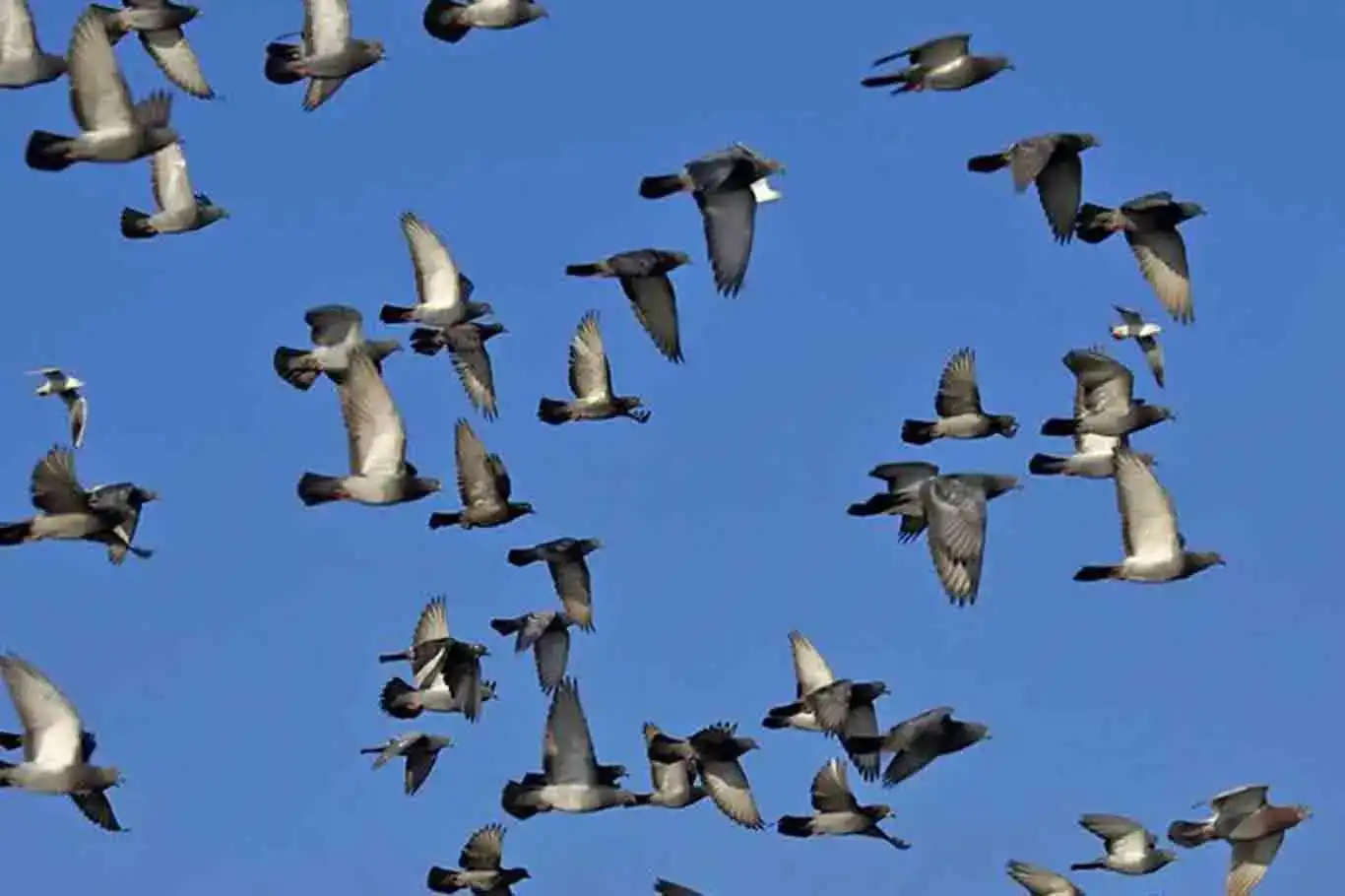Russia unveils “bio-drone” pigeons equipped with brain chips


Newly developed pigeons, fitted with neuro-interfaces and GPS-enabled solar panels, can be remotely guided on surveillance missions over critical infrastructure, raising both fascination and ethical questions.
Russia has announced a groundbreaking development in surveillance technology: “bio-drone” pigeons capable of being remotely guided using implanted brain chips. The project, led by the Russian tech firm Neiry, aims to merge biology with cutting-edge neuro-interfaces to create living aerial reconnaissance units.
Initial tests reportedly involved a flock of pigeons with precision-placed electrodes, controlled through a stereotactic device. The birds were released from laboratory environments, and many successfully returned on their own, demonstrating promising autonomous navigation capabilities. Some pigeons will remain in Moscow for local testing, while others are planned for long-distance missions spanning thousands of kilometers.
Operators can upload flight instructions directly to the pigeons’ neural stimulation systems, prompting the birds to “want” to move in specific directions. GPS navigation is used in tandem with solar panels attached to the pigeons’ backs, providing the energy required for prolonged flights.
Neiry envisions these bio-drones being deployed to monitor critical infrastructure, including power grids, gas facilities, and other strategic installations. The company emphasizes that ensuring the survival and wellbeing of the birds during operations is a top priority.
While the project has sparked intrigue for its innovative approach, it has also raised questions about ethics and the use of living creatures in military or intelligence operations. Observers warn that the line between robotics and living beings in espionage is becoming increasingly blurred.
Experts note that leveraging the natural homing instincts of pigeons could reduce reliance on traditional drones, offering a unique combination of autonomy, stealth, and operational flexibility.
This development represents a new frontier in biological surveillance technology, with Russia positioning itself at the intersection of neuroscience, robotics, and strategic monitoring.(ILKHA)
LEGAL WARNING: All rights of the published news, photos and videos are reserved by İlke Haber Ajansı Basın Yayın San. Trade A.Ş. Under no circumstances can all or part of the news, photos and videos be used without a written contract or subscription.
The United Nations has warned that rebuilding Gaza after Israel’s two-year military assault will require more than $70 billion (£53 billion) over several decades, describing the territory as a “human-made abyss.”
The United Nations Relief and Works Agency for Palestine Refugees (UNRWA) has warned that thousands of internally displaced Palestinians in the Gaza Strip are struggling to find safe shelter as winter approaches, amid the ongoing devastation caused by Israel’s two-year war on the territory.
A new report reveals alarming failures across the UK child protection system, with thousands of vulnerable migrant and trafficking-survivor children disappearing from local authority care amid high risks of exploitation.